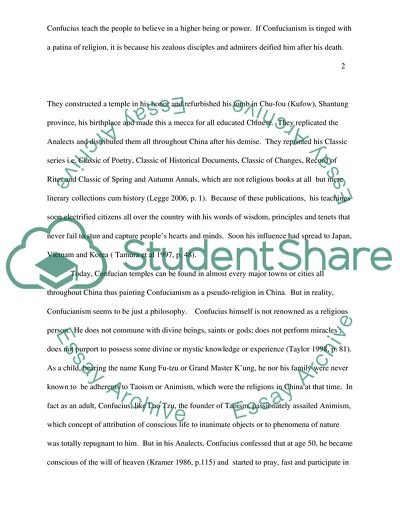Cite this document
(The Chinese Way of Life Is the Confucian Way Research Paper, n.d.)
The Chinese Way of Life Is the Confucian Way Research Paper. Retrieved from https://studentshare.org/culture/1548996-write-a-research-paper-on-confucianism
The Chinese Way of Life Is the Confucian Way Research Paper. Retrieved from https://studentshare.org/culture/1548996-write-a-research-paper-on-confucianism
(The Chinese Way of Life Is the Confucian Way Research Paper)
The Chinese Way of Life Is the Confucian Way Research Paper. https://studentshare.org/culture/1548996-write-a-research-paper-on-confucianism.
The Chinese Way of Life Is the Confucian Way Research Paper. https://studentshare.org/culture/1548996-write-a-research-paper-on-confucianism.
“The Chinese Way of Life Is the Confucian Way Research Paper”, n.d. https://studentshare.org/culture/1548996-write-a-research-paper-on-confucianism.


